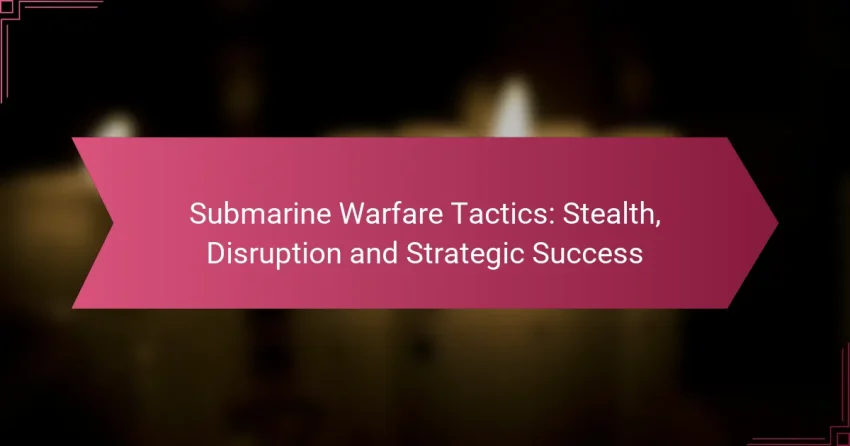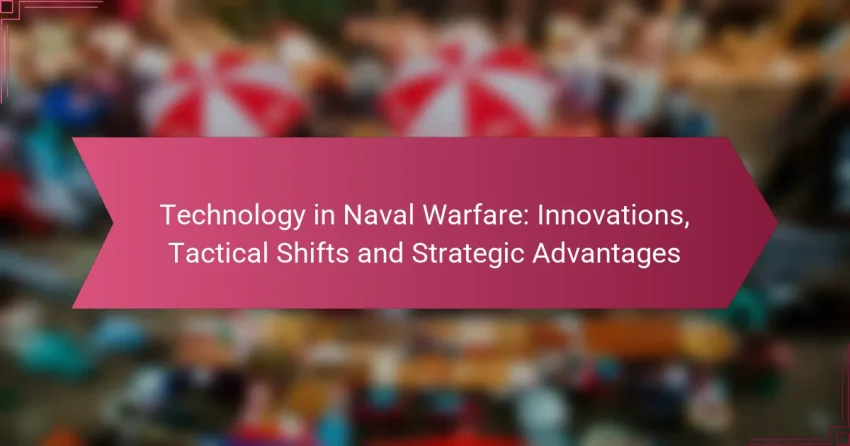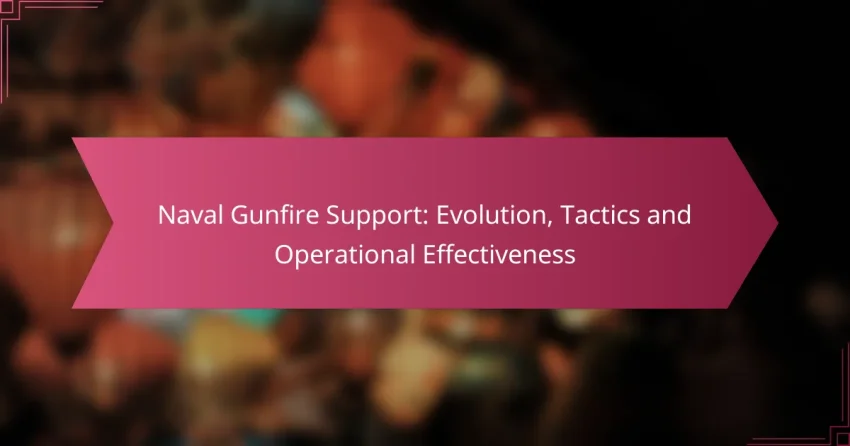Aircraft carriers are essential components of modern naval forces, acting as floating military bases that enhance a nation’s strategic and tactical capabilities. Their ability to project power and maintain a global presence allows for rapid deployment of air assets and effective responses to threats. Historically, these vessels have transformed naval warfare by enabling operations over…
Category: WWII Tactics: Naval Warfare Techniques
Naval Blockades: Economic Impact, Military Strategy and Key Outcomes
Naval blockades play a crucial role in military strategy by disrupting the flow of goods and resources, thereby weakening an adversary’s economy and military capabilities. This tactic not only leads to economic instability and shortages but also shapes the political and military landscape of conflicts, influencing international relations and global trade dynamics. Understanding the multifaceted…
Naval Strategies: Allies and Axis Comparisons, Tactical Approaches and Outcomes
During World War II, the naval strategies of the Allies and Axis powers showcased contrasting approaches to achieving maritime dominance. The Allies focused on combined operations and convoy systems to secure vital supply lines, while the Axis employed asymmetric warfare tactics aimed at disrupting these lines through submarine and surface fleet engagements. The effectiveness of…
Submarine Warfare Tactics: Stealth, Disruption and Strategic Success
Effective submarine warfare tactics are centered on achieving stealth, disruption, and strategic success, allowing submarines to gain a decisive edge in naval conflicts. By utilizing advanced technologies and design features, submarines can operate undetected, executing missions that significantly disrupt enemy operations and enhance their own chances of success. What Are Effective Submarine Warfare Tactics? Effective…
Technology in Naval Warfare: Innovations, Tactical Shifts and Strategic Advantages
In the realm of naval warfare, technological innovations such as unmanned systems, advanced missile capabilities, and artificial intelligence are transforming traditional combat strategies. These advancements not only enhance operational effectiveness and situational awareness but also provide significant strategic advantages in modern conflicts. As navies adapt to these changes, tactical shifts emerge, allowing for more effective…
Intelligence in Naval Operations: Strategic Value, Information Gathering and Decision Making
Intelligence plays a crucial role in naval operations by providing essential information that shapes strategy and enhances situational awareness. Through various intelligence-gathering methods, such as signals, human, and geospatial intelligence, naval forces can effectively anticipate threats and make informed decisions in ever-changing maritime environments. How Does Intelligence Enhance Naval Operations? Intelligence significantly enhances naval operations…
Naval Gunfire Support: Evolution, Tactics and Operational Effectiveness
Naval gunfire support (NGFS) has evolved from its traditional role in naval engagements to a vital element of contemporary military operations, driven by technological advancements and strategic shifts. Modern tactics emphasize precision and coordination with air and ground forces, aiming to maximize operational effectiveness while reducing collateral damage. This capability is essential for delivering timely…






